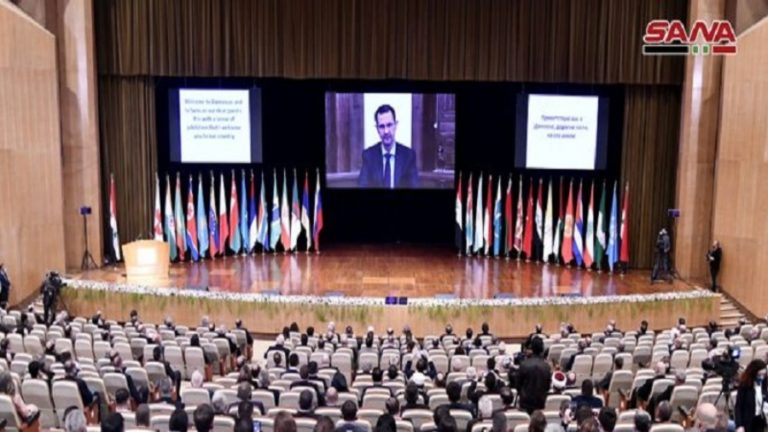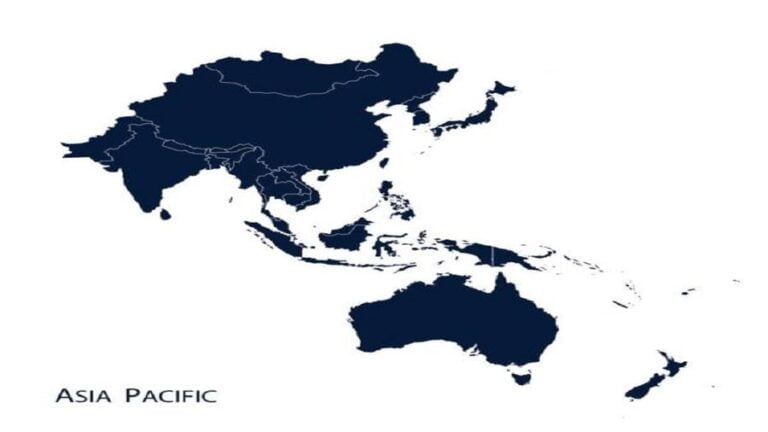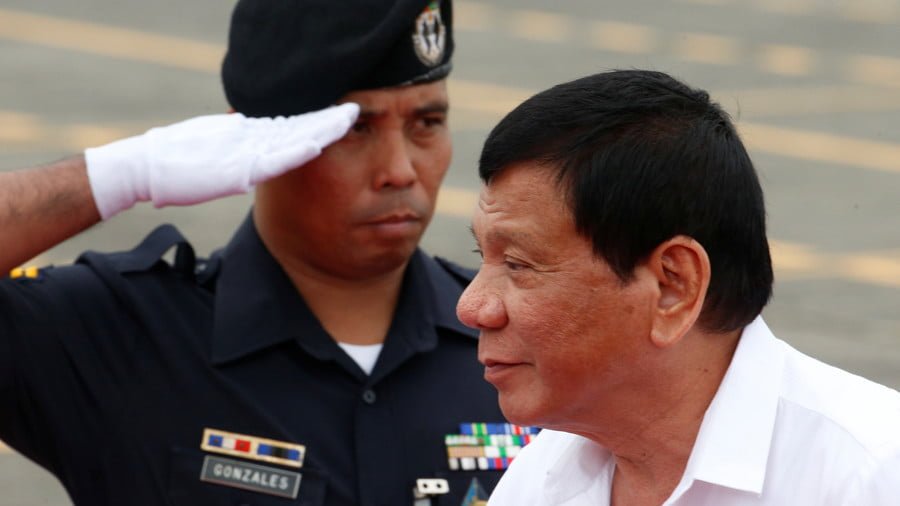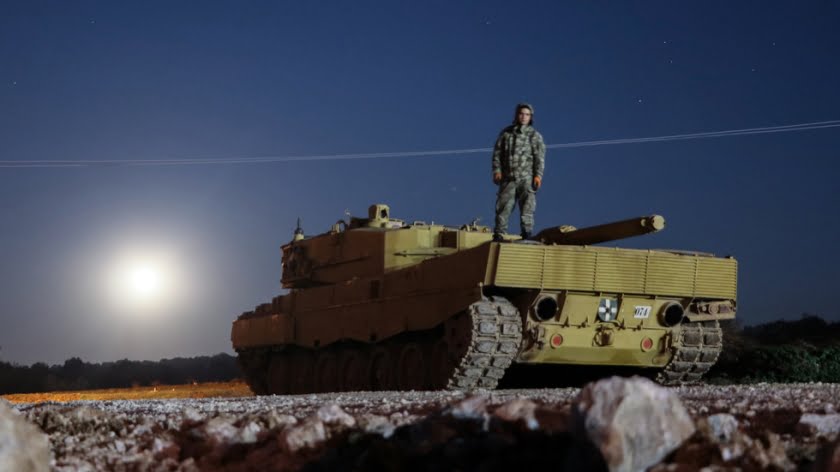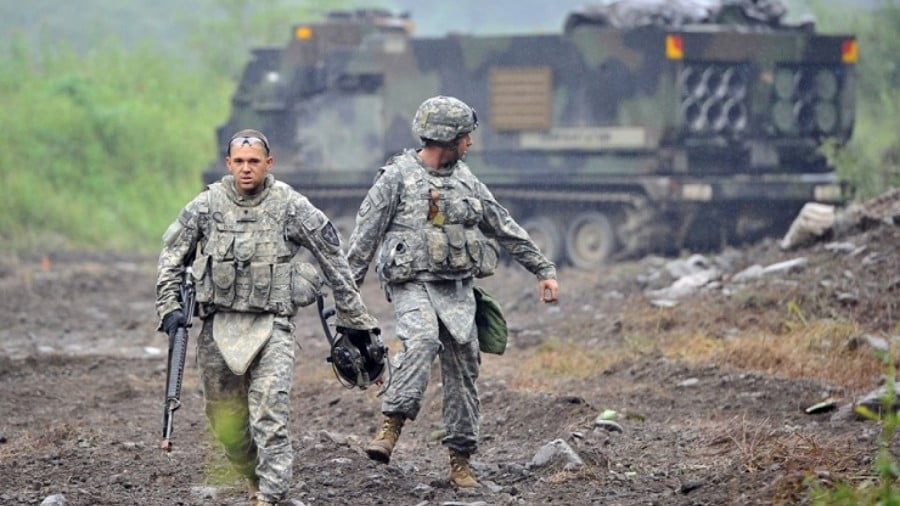Erdogan Positions Powerful Turkish Military as Backbone of Regional Strategy
President Recep Tayyip Erdoganushered in the new year, pledging to employ his country’s military to secureTurkey’s place in a rebalanced new world order.
Mr. Erdogan spelledout his vision when he inserted himself on December 30 into anaddress by his defense minister, Hulusi Akar, to several hundred masked Turkishand Azeri military officers in the Azerbaijani capital of Baku.
Speaking on the loudspeaker ofMr. Akar’s handphone that the defense minister held up to the microphone, Mr. Erdogancompared Turkish military interventions,foreign bases and/or participation in United Nations peacekeeping missions inlands of the former Soviet Union, Kosovo, Syria, Libya, Somalia, and Qatar tothe creation during World War One of the Islamic Army of the Caucasus by EnverPasha, the Ottoman war minister.
The Islamic Army captured Bakuin the last days of World War One but failed to cement a basis for military supportin the century since for pan-Turkist or Turanist ideologies that seek to unitepeoples of Turkic origin.
Critics, nonetheless, assertthat Turkish support for last year’s Caucasuswar in which Azerbaijan defeated Armenia constituted astep in that direction.
Mr. Erdogan, however, appearsto define Turkey’s place in a new world order as Turkishleadership of a broader Muslim world of which landspopulated by Turkic ethnicities are part.
“The Turkish military, with apast full of glory and honor, will continue to fulfill…the task assigned tothem in our country and all over the world… I wish our soldiers success, whofight to preserve peace, calm and stability in many places from Syria to Libya,from Somalia to Kosovo, from Afghanistan to Qatar,” Mr. Erdogan said.
Mr. Erdogan’s broader focushas not stopped his defense minister from stepping up meetings with representativesof Turkic minorities, until recently the preserve of a separate governmentdepartment.
“Ankara’s interest in itsethnic kin abroad has markedly perked since the flare-up of theNagorno-Karabakh conflict between Azerbaijan and Armenia in late September,”said Turkish military analyst MetinGurcan, referring to the disputed Armenian enclave that is legally part ofAzerbaijan..
Mr. Erdogan made his Baku remarksagainst the backdrop of heightenedstrains with Iran, efforts by Turkey’s Mediterraneandetractors backed by the United Arab Emirates to stymie Turkish efforts toexpand its access to regional gas deposits, and domestic criticism of his massiveexpenditure on religious soft power at a time of economichardship.
Mr. Erdogan’s emphasis onmilitary power was likely to complicate his overturesto Israel with which he has had tense relations in past yearsin a bid to ease potentially difficult dealings with the incomingadministration of President-elect Joe Biden.
Mr. Biden has criticizedTurkey’s abysmal record on human rights and the rule of law and is unlikely tolook kindly at NATO-member Turkey’s acquisition of an advanced Russiananti-missile defense system.
Israel backed last month’s admissionof the UAE as an observer to the Cairo-based EasternMediterranean Gas Forum that groups Egypt, Greece, Cyprus, Italy, Jordan, andPalestine alongside the Jewish state.
Turkey has denounced the forumas an effort to deprive it of its economic rights in the Eastern Mediterraneanand last year dispatched an exploration vessel to disputed waters.
The move by the UAE, one ofTurkey’s foremost rivals in a struggle for dominant political and religiousinfluence in a swath of land stretching from the Atlantic coast of Africa intoCentral Asia, potentially constitutes a change in Emirati strategy.
MiddleEast scholar Samuel Ramani argued recently that the UAE’s hardpower and coercive efforts to block Turkish advances had failed. Those effortsincluded military backing of Libyan rebel leader Khalifa Haftar and threats to sanctionAlgeria for its stepped-up cooperation with Turkey.
“In recent months, the UAE’sefforts to forge an Arab consensus against Erdogan’s ambitions have unraveled.Despite Iraq’s periodic frustrations with Turkish cross-border strikes on thePKK, Iraqi Prime Minister Mustafa al-Kadhimi has courted Turkey as a regionalpartner. In an even greater blow to the UAE’s anti-Turkey agenda, SaudiArabia’s King Salman struck a conciliatory tone with Erdogan after theirNovember 20 discussion,” Mr. Ramani said.
Mr. Ramani was referring to recentSaudi overtures to Turkey, with which it has been on acollision course since the 2018 killing of Saudi journalist Jamal Khashoggi, aswell as the outlawed Kurdish Worker’s Party (PKK) that increasingly wages itsintermittent 30-year old guerrilla war against Turkey from bases in the remotemountains of pre-dominantly Kurdish northern Iraq.
“The seeminglycollapsing foundations of the UAE’s anti-Turkey strategy suggests that AbuDhabi needs to rethink its approach to containing Erdogan’s ambitions… theUAE could devote more resources towards containing Turkey in the easternMediterranean and Sub-Saharan Africa,” Mr. Ramani said, suggesting that theEmirates may pivot to a soft power approach.
That wouldlikely entail stepped up competition with Turkey in the provision of emergencyand development aid to third countries as well as increased rivalry forreligious soft power in the Muslim world.
The UAE hascast itself as a paragon of a moderate and tolerant albeit statist strand ofIslam as opposed to Turkey’s more strident advocacy of a heavily nationalisttinted political interpretation of the faith.
The UAE hasbeen on the warpath against political Islam for more than a decade. It hasdesignated the Turkish-backed Muslim Brotherhood as a terrorist organizationand backed French President Emmanuel Macron andAustrian Chancellor Sebastian Kurz in their crackdown on Islamist and Turkish nationalistgroups.
Mr. Erdoganhas for more than a decade rejected notions of more moderate and more radicalstrands of Islam. “Islam cannot be classified asmoderate or not… Animosity(towards Islam), unfortunately, strengthens the scenarios that there is a so-calledclash of civilizations in the world. Those, who defend such speculations, maygo further to identify terrorism with Islam which is based on peace,” he asserts.
Taken by hisword, Mr. Erdogan was suggesting with his year-end remarks in Baku that as faras he is concerned, his strategy of hard and soft power, in contrast to theUAE, is working and is likely to continue to shape Turkish policy in the comingyear.


